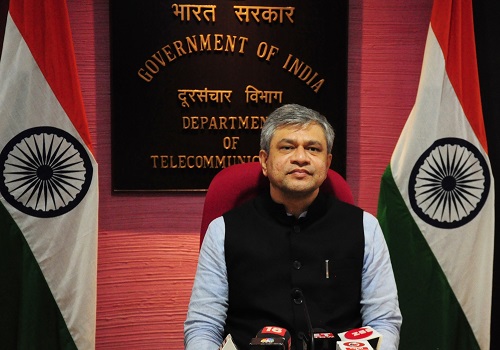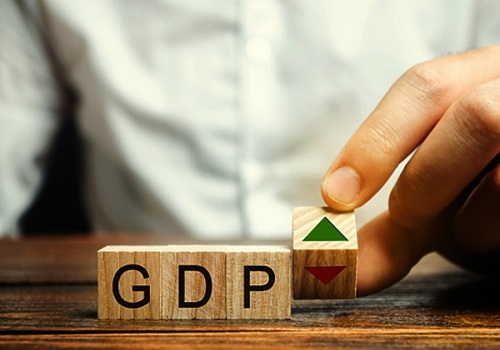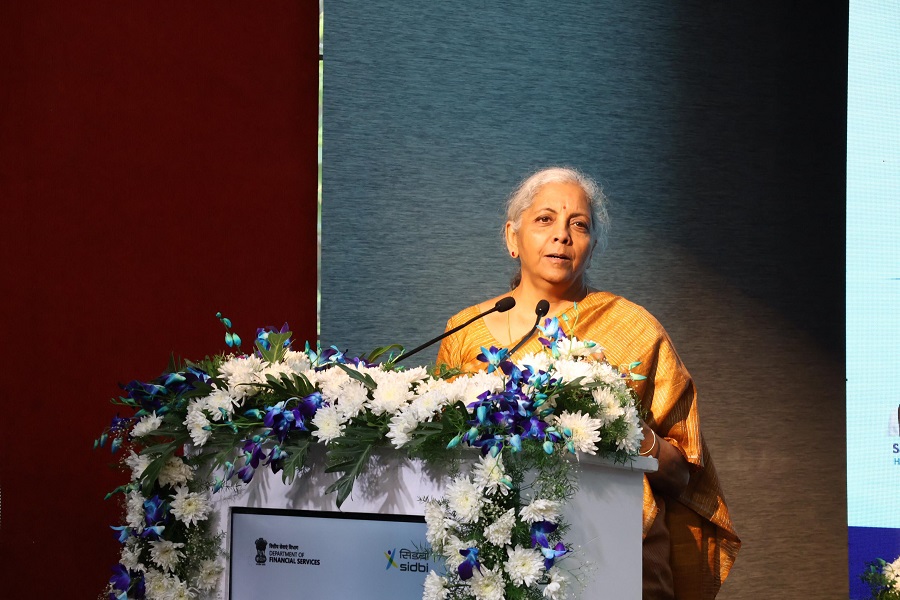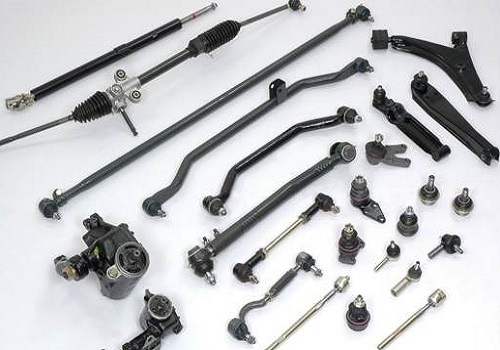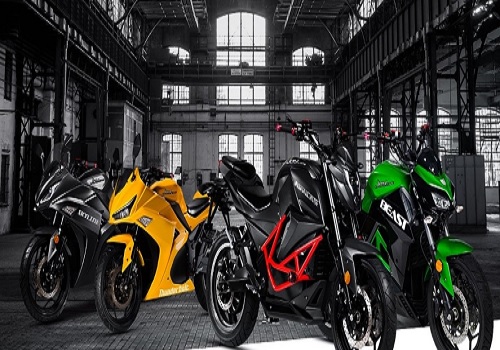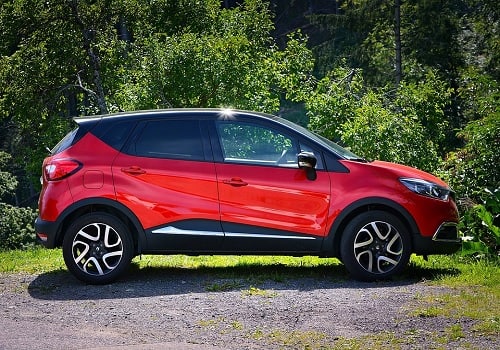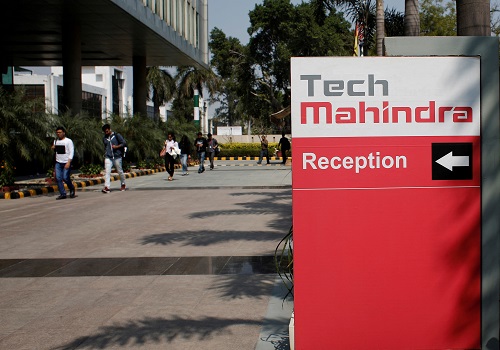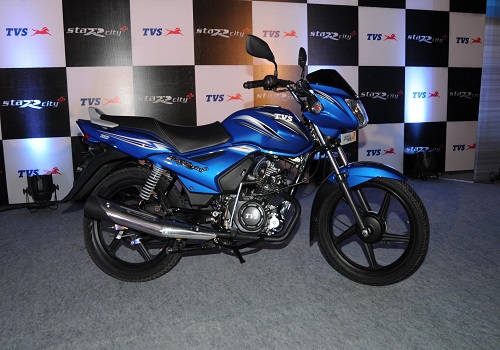Auto Sector Update - Will EVs impact the `EV` By HDFC Securities
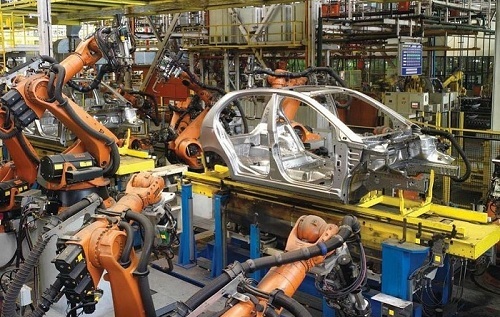
Follow us Now on Telegram ! Get daily 10 - 12 important updates on Business, Finance and Investment. Join our Telegram Channel
Will EVs impact the ‘EV’?
With the growing acceptance of Electric Vehicles, we deliberate the longer term impact on the Enterprise Value of conventional auto OEMs. We believe that as EVs become mainstream, the terminal growth assumptions for passenger car OEMs will be at risk. Based on the sensitivity to changes in the terminal values for Maruti Suzuki, the impact on the DCF will be between 10-20%. For two-wheelers, the threat from EVs is more near term (over the next 3-5 years). Thus, the second stage DCF assumptions will be at risk for the incumbents. Based on our sensitivity analysis of Hero Motocorp, if we assume lower growth rates from the second stage onwards, the impact on the stock values will be between 15-25%.
* We have attempted to derive the potential valuation impact that conventional OEMs could have, as the technology disruptions accelerate. While the incumbent managements will launch electric products as well, it will be increasingly complex to gauge the long-term impact on market share as well as profitability.
* We believe that passenger vehicle OEMs such as Maruti will introduce hybrid models, which will enable the company to transition towards EVs in the medium term (FY25-30). However, as we look further ahead i.e. beyond 2030, the outlook becomes cloudy as the longer-term threat from BEVs and the resultant competitive dynamics will impact the traditional business models in different manners.
* Based on our analysis, the terminal growth assumptions for PV OEMs will be at risk. In our DCF-based working, a 1.5% reduction in terminal growth rate will impact the stock value of Maruti by ~10%. Based on the sensitivity to changes in the terminal values, the impact on the DCF value will be between 10-20%.
* The 2W segment is likely to witness a more near term adoption from EVs as startups such as Ather, Ola and others have aggressive ramp-up plans. The threat from EVs could emerge earlier i.e., over the next 3-5 years itself. Thus, the second stage DCF assumptions will be at risk for the incumbents. Based on our sensitivity analysis of Hero Motocorp, if we assume lower growth rates from the second stage onwards, the impact on the value will be between 15-25%.
* To adapt to the changing environment, the Indian OEMs are accelerating their shift towards EVs by either (1) investing in startups (Hero has invested in Ather), (2) increasing collaborations (Maruti with Toyota) and (3) launching EV products (Tata Motors, Bajaj).
* Moreover, global OEMs have announced ambitious plans to roll out electric vehicles over the next decade. European majors, including VW, Daimler, BMW and JLR, have announced plans to have ~20% of their portfolio as electric by 2025 and ~50% by 2030.
* Downgrade Hero Motocorp to ADD: We are downgrading Hero on lower-than-expected industry growth rates (2W demand has been tepid since the festive season; the recent fuel price increases and potential product price hikes will impact consumer affordability) as well as rising commodity input prices. While the ramp-up in the premium portfolio will drive segmental diversification for Hero, the above factors will impact overall profitability.
To Read Complete Report & Disclaimer Click Here
Please refer disclaimer at https://www.hdfcsec.com/article/disclaimer-1795
SEBI Registration number is INZ000171337
Above views are of the author and not of the website kindly read disclaimer





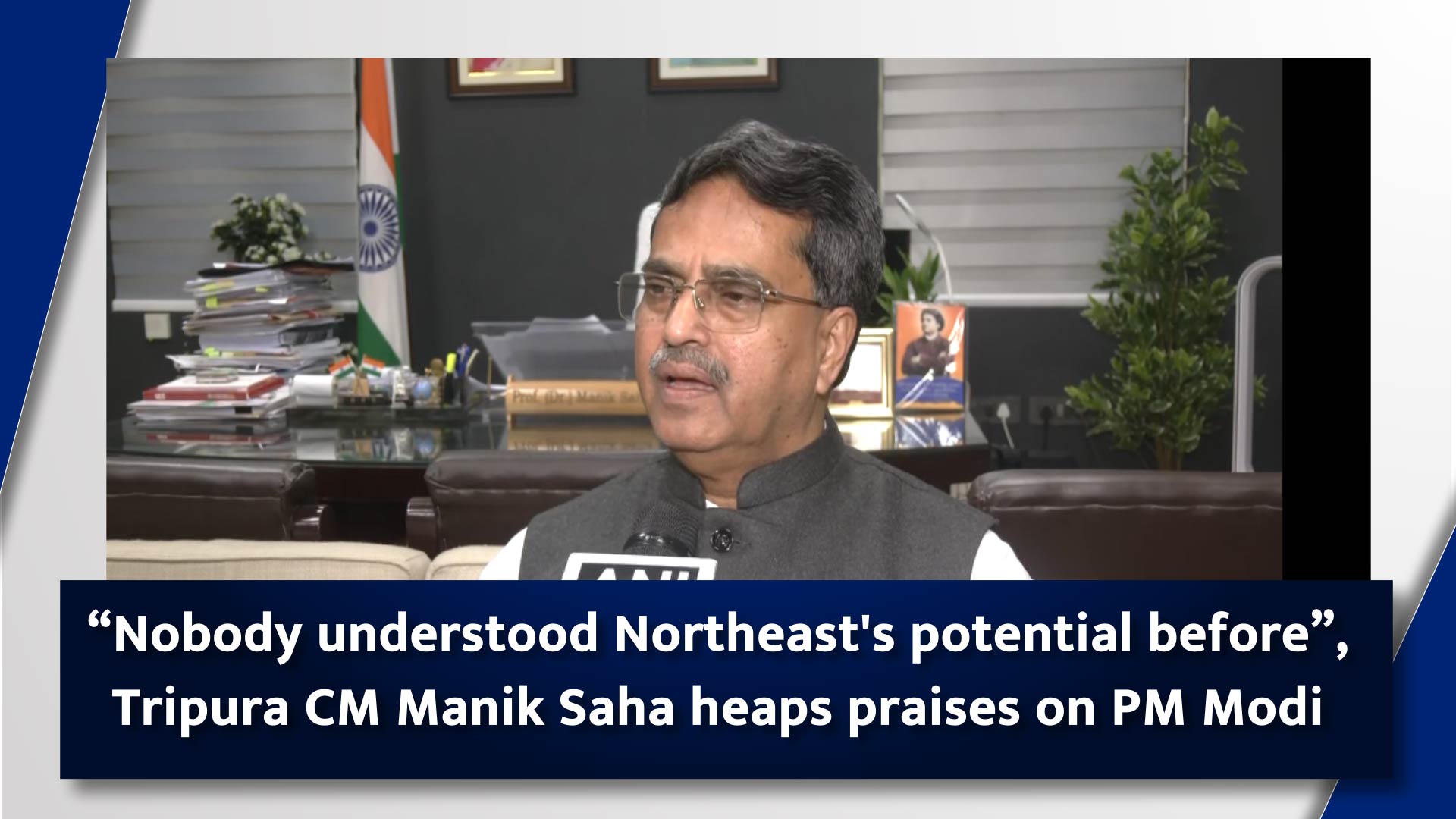
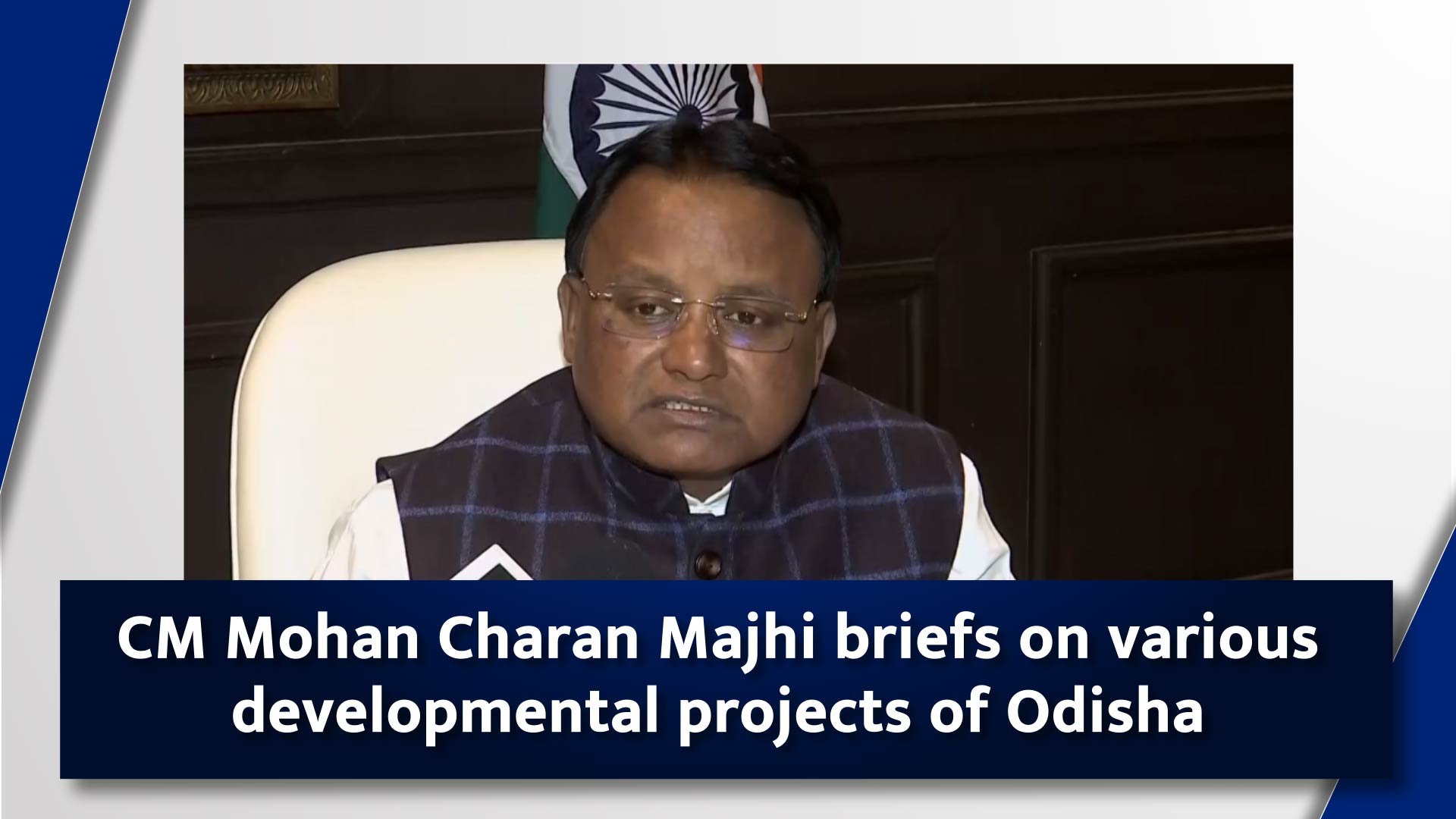


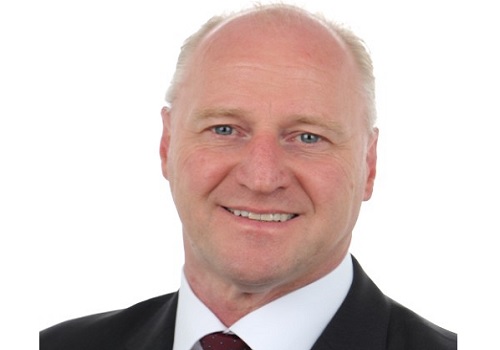
More News

Insurance Sector Update - Growth trends remain strong; regulatory support to potentially pro...

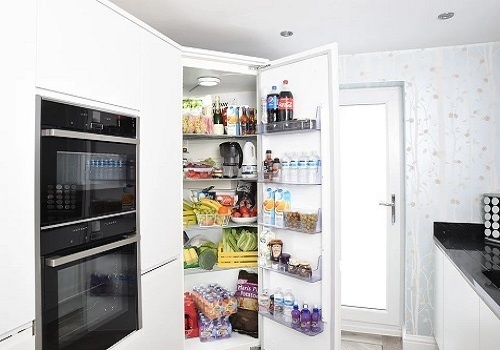
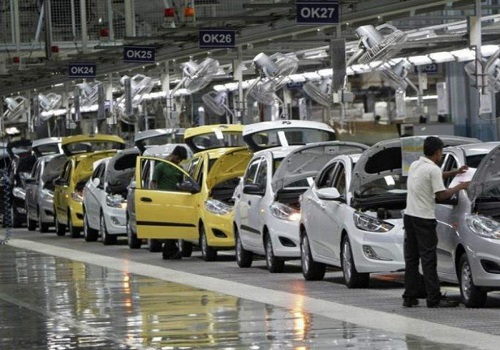


 320-x-100_uti_gold.jpg" alt="Advertisement">
320-x-100_uti_gold.jpg" alt="Advertisement">

